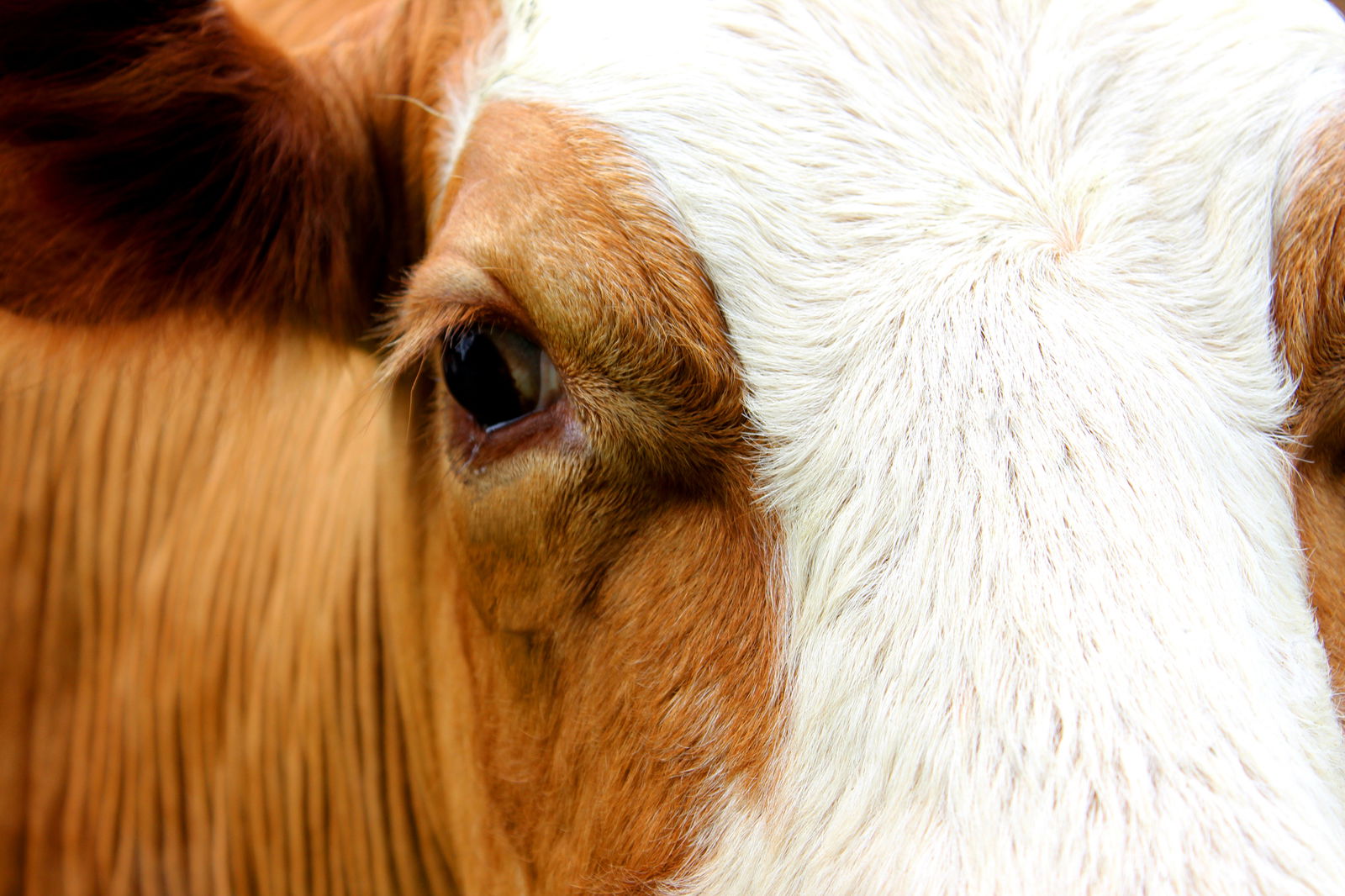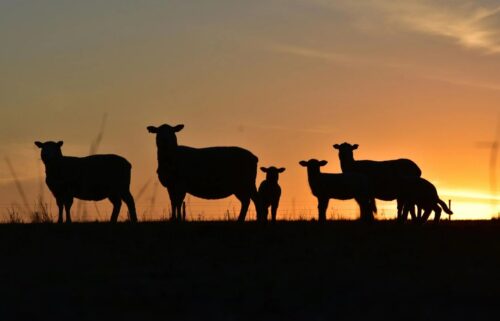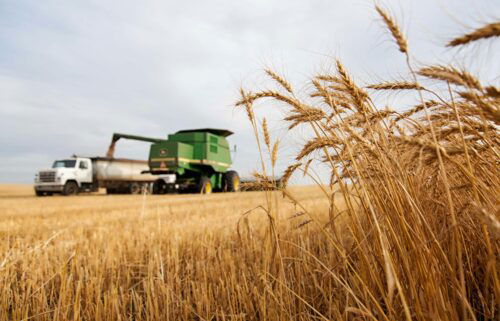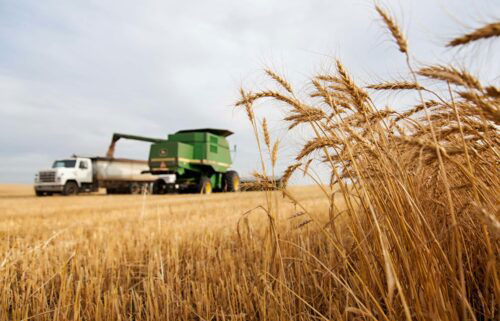Madam is out

By C. J. Black Submitted to Corner Post
“Madam is out!” I hollered as I ran to the shed where Uncle Luke was working at his old workbench. “Little B, too!” Madam was a Guernsey milk cow Uncle Luke kept in a small pasture behind his house. We called her that because each morning and evening when Uncle Luke went to milk her, he’d greet her by saying, “Good morning (or evening), Madam. May I trouble you for some milk?” At least that’s what he’d say when we kids were around, because it always made us laugh.
A stray bull busted into Madam’s little pasture one day with love on his mind. When Uncle Luke came home to discover the intruder, he began calling around to find who the bull belonged to. Nobody knew where he’d come from and when Uncle Luke went out to milk, the stranger had disappeared. Nine months later a reminder of the strange bull was born. Because the papa had his way with Madam and then just ran off, Uncle Luke christened him with a name that caused my mom much chagrin. We weren’t allowed to call the calf by his given name, so we just called him Little B.
Madam had pushed her head through the fence to reach the proverbial greener grass of the neighbor’s property. She then stretched a little further spreading the fence wires. A bit more, and soon she had squeezed through the gap she made. And Little B followed.
On the other side of the fence was a large pasture of grass which had grown almost waist high to Uncle Luke, and about chest high to me. It sloped uphill from Uncle Luke’s small pasture, and then downhill again. On the far side of that pasture was about 100 acres of unfenced cropland. To the south was a blacktop highway, and to the north, woods. Two big gates between the pasture and the cropland had not been closed for years. There was also an open gate between the pasture and the woods.
Uncle Luke and I set out to find Madam and Little B and drive them home. I thought we needed to hurry after them, get past them and then turn them back. Uncle Luke said we should not follow their trail, though. It would be wiser to take a different course, he said. He knew they’d follow the fence line away from his property until they reached a cross-fence, then they’d turn to follow the cross-fence. He said that since they had a head start, if we followed their trail, we’d have to run to catch up to them. He pointed out that, at 46 years of age, he was far too old to be running after cattle. “And” he said, “if we run after them, it’ll just drive them on faster.” He explained that by going to where they would soon be, instead of where they’d already been, we could save ourselves time and energy. “Besides, if we make ol’ Madam run we’re liable to draw butter instead of milk tonight.” I chuckled to think of the pendulous udder churning its contents as she trotted.
I realized later that this was a lesson in observing the habits of people and creatures around us and acting in a way as to benefit from the knowledge. “Smart beats strong nine times out of ten,” I’d heard more than a few times from my uncle. Here was just such an example, where my uncle knew enough from past observations to save time and energy and avoid unnecessary excitement of Madam, Little B and himself. It didn’t seem to bother him to see me expend time or energy – giving me tasks and watching me try to tackle them was a bountiful source of chuckles for him — — but this time letting me charge on would have been counter-productive to him and to the cow.
Uncle Luke set a course angling to the right of the trail of bent grass left by Madam and her calf. I followed, alternately walking beside him and then behind him as my short legs couldn’t match his longer strides. I’d fall behind a bit, walking in the path he made, I’d trot to catch up, and then I’d repeat the process. He stopped several times to point out bugs I don’t recall seeing before and a hidden meadowlark’s nest with four speckled eggs inside. We neared the top of the hill and I could hear the sound of cars and trucks on the nearby road.
“I hope they didn’t go onto the road,” I said to Uncle Luke.
“That could be bad,” he agreed. “But if Madam took time to eat some grass as they walked and to let her calf nurse, we should find them somewhere over there.” He pointed slightly to the left of where we were headed.
We trudged the final distance to the top of the rise and paused to survey the sights on the other side. There at the bottom of the far side of the hill, slightly to the left of where we stood, were the runaways. Madam stood chewing her cud contentedly in the shade of a tree growing along the fence line, and Little B was suckling hungrily. They were right where he guessed they’d be. I looked up at Uncle Luke who was smiling like a gambler who’d just won a bet.
I learned a lot from Uncle Luke over the years. Keen observation and putting the knowledge to good use are among the lessons he taught best.



